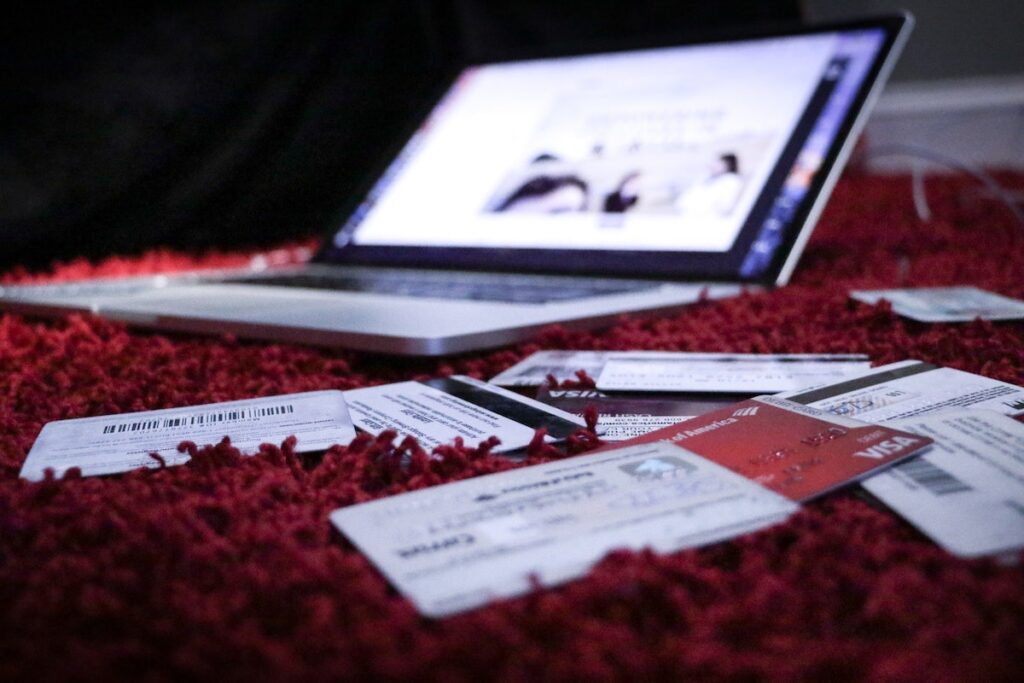Recession.
Just hearing that word can make people feel uneasy. It's a time when the economy is in decline and people are losing their jobs. But what exactly is a recession?
A recession is defined as two consecutive quarters of negative economic growth, as measured by a country's gross domestic product (GDP). In other words, it's a period of time when the economy is shrinking.
Recessions are typically accompanied by a rise in unemployment, a decrease in housing prices, and an overall decline in consumer spending. These factors can lead to even further economic decline, creating a vicious cycle.
While recessions are often thought of as bad news, they can also present opportunities. For example, investors may be able to buy appreciating assets at a discount during a recession. And companies may have an opportunity to trim their costs and become leaner and more efficient.
Of course, no one wants to experience a recession. But by understanding what they are and how they work, we can be better prepared if one does occur.
What Is a Recession?
In simple terms, a recession is when there have been two (or more) successive quarters in which the country has experienced negative economic growth. Recessions are linked to a number of economic nasties: unemployment tends to increase because businesses stop hiring, and there are usually a few large casualties, as businesses that were borderline before the recession fall over.
The stock market also tends to experience general declines, meaning that people with investment portfolios usually make losses. Property prices can also decline, so investors in property can also end up out of pocket. But a recession doesn’t mean poverty for all. There is plenty you can do to protect yourself from the impact of a recession:
Build an emergency fund

The simplest, but most effective that you can do to protect yourself from a recession is to have an emergency fund, that can protect you against a loss of work, a drop in your investment’s income, or other financial consequences.
An emergency fund is a simple cash bank account that has, ideally, six months’ worth of your expenses within it. That pool of money can be drawn on to cover the cost of big, unexpected bills or income losses until you can get back on to your feet. Cash is insulated against recessions because while inflation (an increase in prices for goods and services) is a potential issue, your own cash reserves aren’t liable to change with market forces.
You can build an emergency fund by finding ways to lower your monthly bills. Learn how to start couponing and ways to save money on your groceries. Each dollar saved can be sent directly to your emergency
Reduce your debt

Debt is a big problem during a recession. The less debt you have the lower the risk of a default and, importantly, the better the borrowing power you have if it becomes absolutely necessary to take on new debt. The more debts you have out there, in credit cards, mortgages, personal loans and the like, the weaker your credit rating is going to be.
The best pathway to minimizing debt is to start the process before the recession and to learn how to break bad habits. Choose one of your debts (the higher interest credit cards being the best first choice), and pay as much over the minimum repayment as you can each month.
In that way, you’ll find that you pay it down quickly, allowing you to remove it, cut up the card, and then move on to the next debt. That systematic approach is the quickest way to gain control over your finances.
Make sure that you’re covered

The really expensive things in life (and death) are almost always more expensive than you might think, but thankfully they can all be insured against. Whether it’s medical, home and contents, a funeral, or otherwise, the bill from one of these tragedies can become all the more painful if it occurs through a recession, and you’re not covered by insurance.
During a recession, big “surprise” costs and one-off expenses tend to have a greater impact. They’ll eat into your emergency reserves, which you might already be relying on to handle a loss of income.
The alternative is to take on additional debt to cover them, but that again reduces your capacity to handle the next surprise expense, and lenders tend to circle the wagons during a recession — the last thing you need is to find out that no one will lend you the money you need for an operation.
Don't take out any personal loans

During a recession, it's generally not a good idea to take out any loans — personal or otherwise. That's because, as we've discussed, a recession is characterized by widespread economic uncertainty, and taking on new debt during uncertain times can be risky. If you're not able to make your loan payments, you could end up damaging your credit score or even losing your home.
Of course, there are always exceptions to the rule. If you absolutely need to take out a loan to cover an emergency expense, then by all means, do so. But if you can avoid taking on new debt during a recession, it's generally the best course of action.
A better option is using cash advance apps like Earnin or Dave. With these cash advance apps, you can get access to small amounts of cash without having to take out a loan. And because you're only borrowing what you need and repaying it with your next paycheck, there's no interest or fees to worry about.
If you're considering taking out a personal loan during a recession, be sure to do your research and compare multiple lenders before you commit. And remember, only borrow what you can afford to repay — otherwise, you could find yourself in a financial hole that's difficult to get out of.
- Dave is an app that provides an advance of up to $500 on your next paycheck
- Only required fee is a monthly $1 subscription fee
- An optional express fee from $1.99 to $13.99 to receive funds within an hour (instead of the standard two to three days)
Upskill yourself before the recession

As already discussed, during a recession, people tend to lose their jobs, and the job market dries up with that. The best way to make sure you are able to navigate through the competitive, tight jobs market during a recession is to make sure you’re able to take on a wider range of jobs and to make sure that your skills are ahead of everyone else.
Before a recession hits it’s a good idea to upskill. Take on some new courses, or do some volunteer work in an area that will give you some new experiences to add to your resume. Start a side project that shows you’ve got a broader range of skills than your base job, and try to develop a mix of practical, hands-on skills, and office-based skills.
Finally, do some research into the jobs that are relatively insulated against a recession (as in, jobs in areas that people still need to spend money on, even when there isn’t money to go around), and make sure that you have skills in those fields. It’s the “nice to have” jobs that tend to go first during a recession. Alternatively, you can find online jobs that are recession-proof.
Final remarks
A recession is nothing that any individual needs to lose sleep over, despite what the headlines say. Economies cannot sustain indefinite growth. There are times when a retraction is necessary, to bring balance back to the market. Yes, a recession poses risks to people’s jobs and livelihoods, but with careful planning, it’s nothing that you won’t be able to insulate yourself against.

Awesome, crash course in core fundamentals. Albeit basic, yet; powerful, concise insight, at the helm of the cockpit mining the reigns now into beyond …
Thks,
Onward to U!
dwms